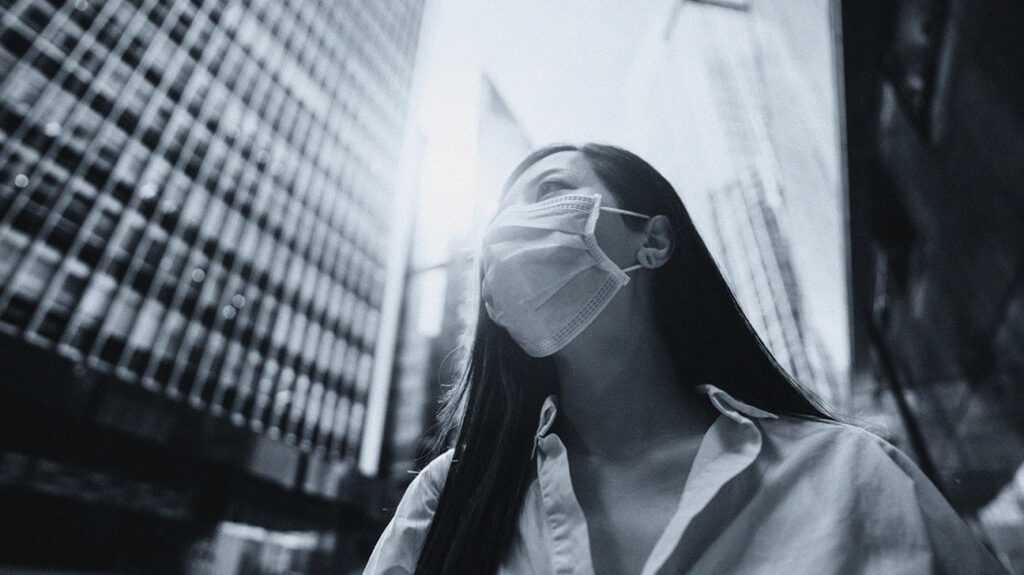Immunity against SARS-CoV-2 might last at least 8 months
12 January, 2021

A new study suggests that most people who get over a SARS-CoV-2 infection wthhold the immune memory they might have to prevent a serious reinfection. The protection supplied by vaccination could be similarly long-lasting.
Researchers in the La Jolla Institute found in La Jolla, CA, monitored all branches of the “adaptive” disease fighting capability - which protects against particular infections - in persons who actually recovered from COVID-19, the condition that the SARS-CoV-2 virus causes.
Between 5 and 8 months following the onset of their symptoms, the adaptive disease fighting capability of around 95% of the individuals retained a memory for the infection in at least three of its branches.
“Our data suggest that the immune response will there be - and it remains,” says Prof. Alessandro Sette, who co-led the analysis with Prof. Shane Crotty.
The scientists measured levels of antibodies, memory B cells, and two types of T cells, all directed at the virus.
“As far as we know, this is the major study ever for just about any acute infection that has measured almost all four of those pieces of immune recollection,” says Prof. Crotty.
The study appears in the journal Technology.
Conflicting results
Medical News Today has reported countless small investigations with apparently contradictory findings regarding post-infection immunity.
For example, researchers at the University of Arizona College of Medicine in Tucson discovered that persons who had a COVID-19 infection were even now making antibodies against the virus 5-7 months down the road.
By contrast, a report by Imperial University London in britain suggested that antibody responses to the virus within a population decline following earliest wave of infection.
As a final result, there were concerns that lots of people’s immune response will be too weak to safeguard them from reinfection. This might likewise have implications for the longevity of protection afforded by vaccines.
“Of program, the immune response decreases as time passes to a certain extent, but that’s common,” says Prof. Sette. “That’s what immune responses carry out. They have an initial stage of ramping up, and after that fantastic expansion, eventually, the immune response agreements somewhat and gets to a reliable state.”
Prof. Sette and his colleagues analyzed 254 blood samples from 188 people who recovered from COVID-19. Of these, 43 samples were taken at least 6 months after the infection.
They found that levels of antibodies directed at the spike protein, that your virus uses to gain access to its host cells, remained relatively stable for at least six months.
More surprisingly, perhaps, the memory space B cells that produce these antibodies were more abundant 6 months following the onset of symptoms than they had been at four weeks.
These cells would likely crank up their production of antibodies after a second face with the virus.
The researchers also measured levels of T helper cells, which recruit other areas of the disease fighting capability to fight an infection, and killer T cells, which destroy infected cells.
They found that 3-5 months following the onset of symptoms, the quantity of both of these types of T cells that targeted the virus had roughly halved.
Team effort
The scientists believe that it is an excellent sign that some antibodies, memory B cells, and T cells remain in a pesron’s blood vessels more than 8 a few months after infection because the unique branches of the adaptive immune system work together.
“Therefore that there’s a good chance people would have protective immunity, at least against serious illness, for that time period, and probably well beyond that,” says Prof. Crotty.
Most the same, the analysis did find large variants in the magnitude of immune storage between individuals. This shows that people with relatively fragile adaptive immunity to the virus may continue to be susceptible to reinfection.
The authors caution:
“We observed heterogeneity in the magnitude of adaptive immune responses to SARS-CoV-2 persisting in to the immune memory stage. It really is, therefore, possible a fraction of the SARS-CoV-2-infected human population with low immune recollection would become vunerable to reinfection relatively soon.”
They note that there have been some confirmed cases of reinfection. For instance, there was a circumstance reported in Hong Kong and another in the usa.
The authors say near future studies should include more longitudinal info for each subject to gain a far more precise knowledge of the toughness of antibody defenses against the virus.
In addition, they concede that native immune storage in the higher respiratory tract may play an essential role in identifying whether an individual can be reinfected. The existing study just measured immune cells and antibodies circulating in the bloodstream.
Finally, it is crucial to notice that the researchers did not design the review to address the opportunity that mutations could allow the virus to “escape” the adaptive immune response immediately after a short infection or vaccination.
Source: www.medicalnewstoday.com
TAG(s):
